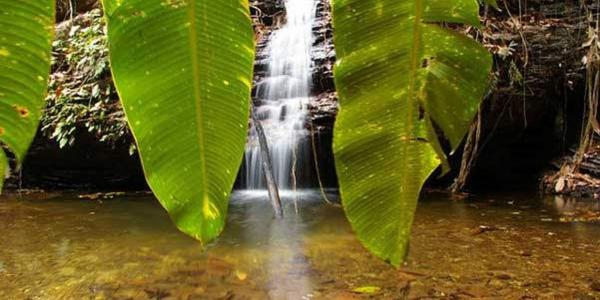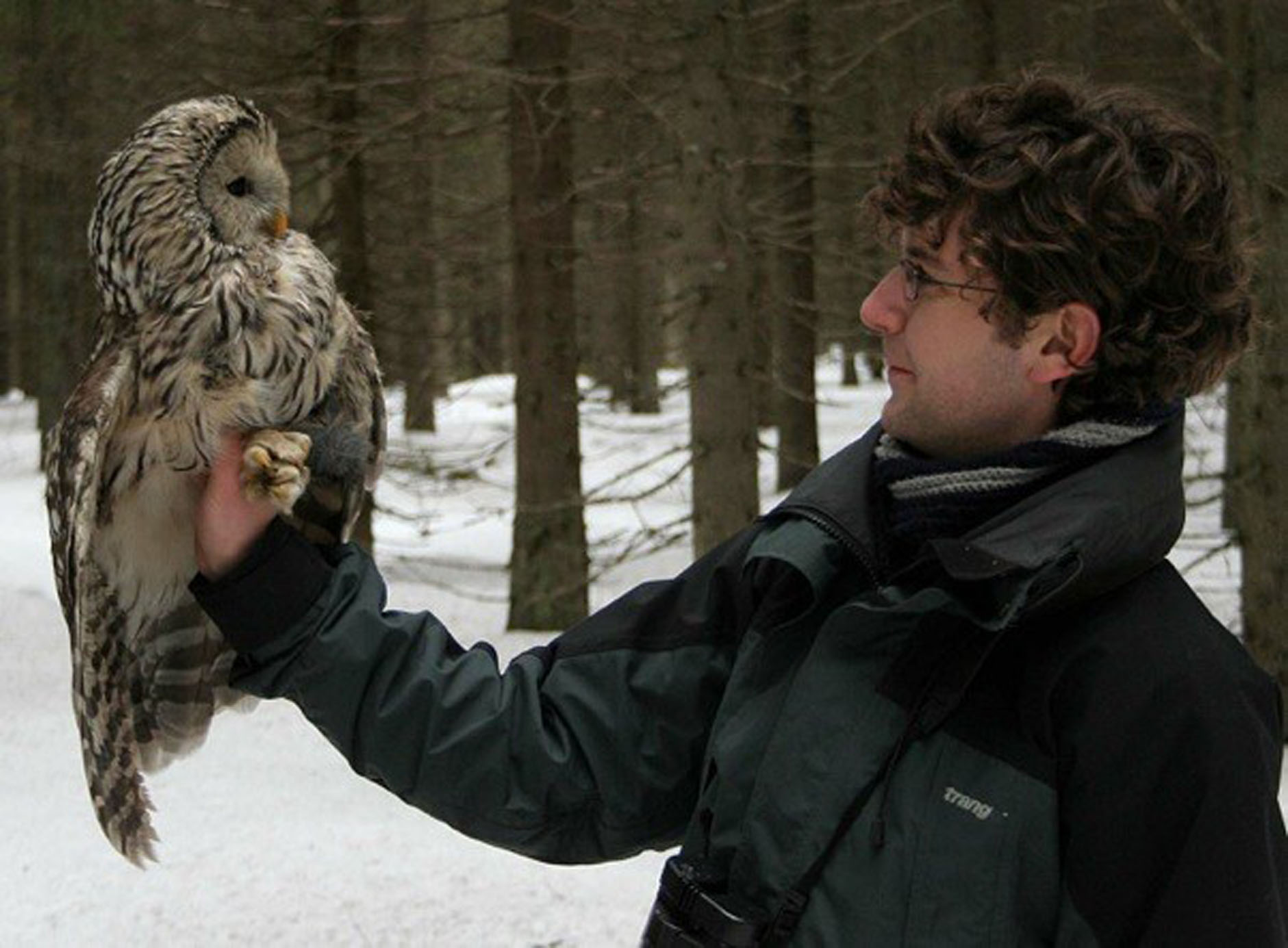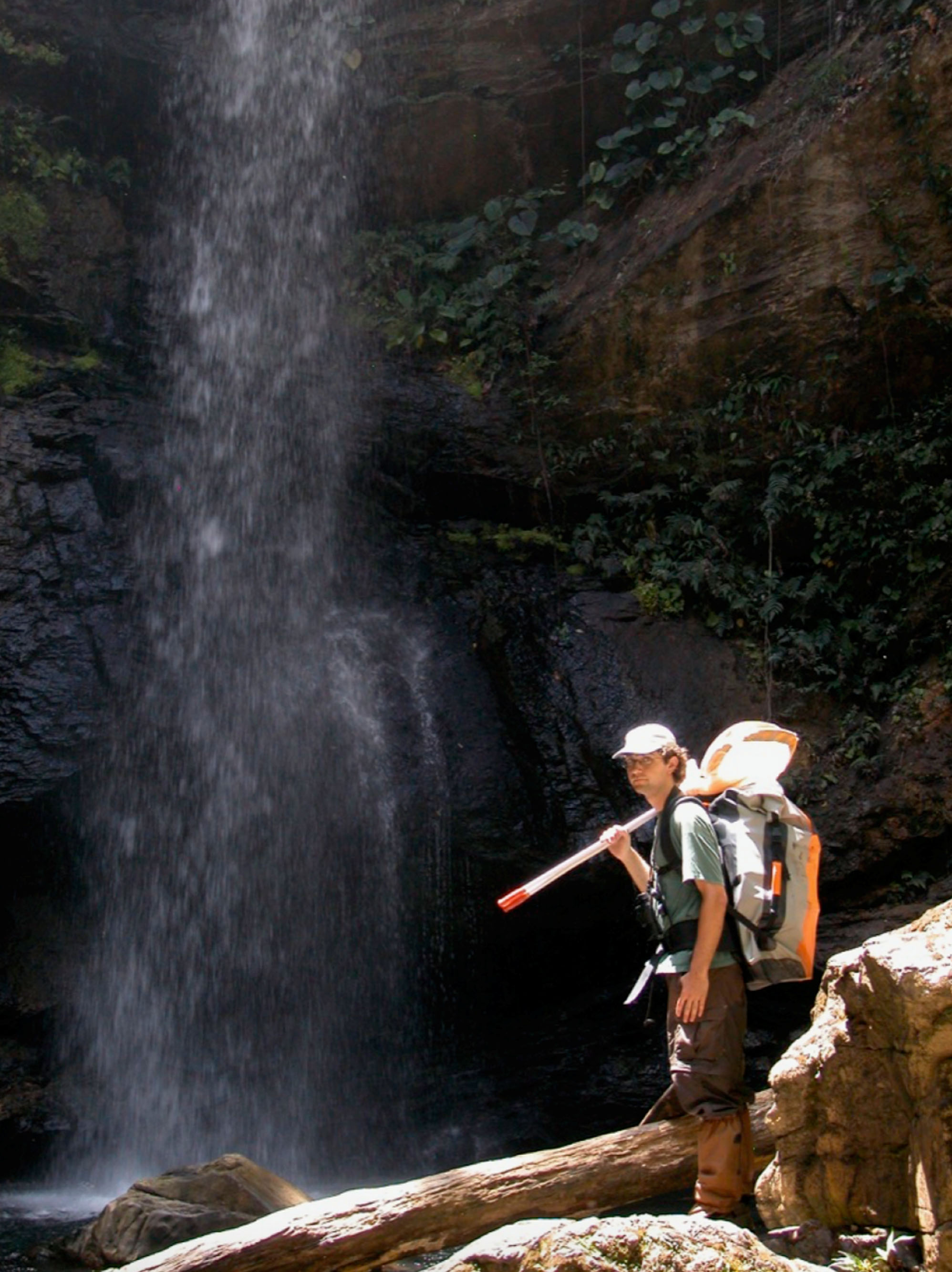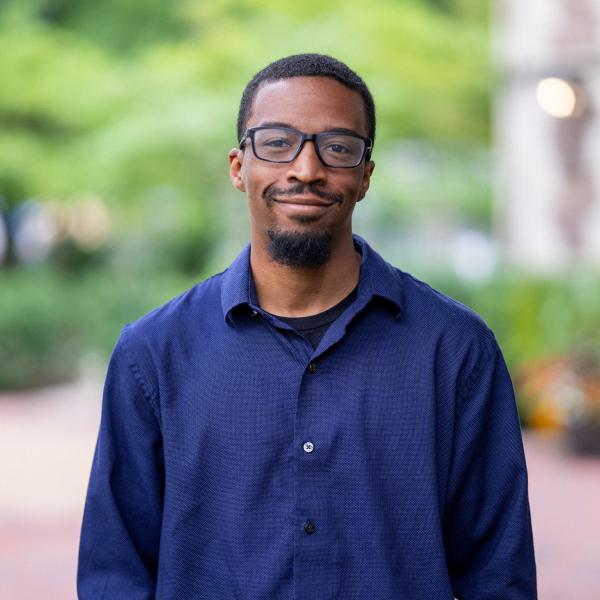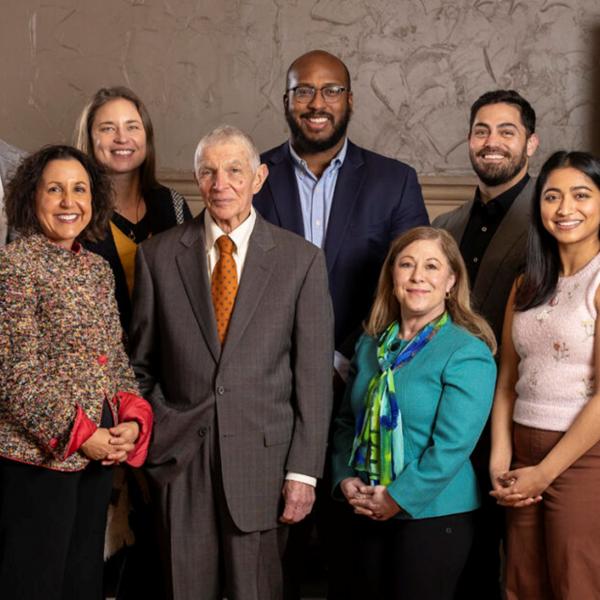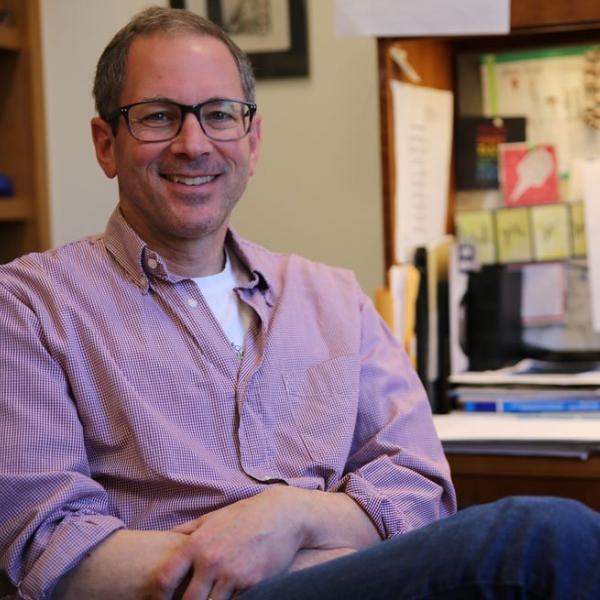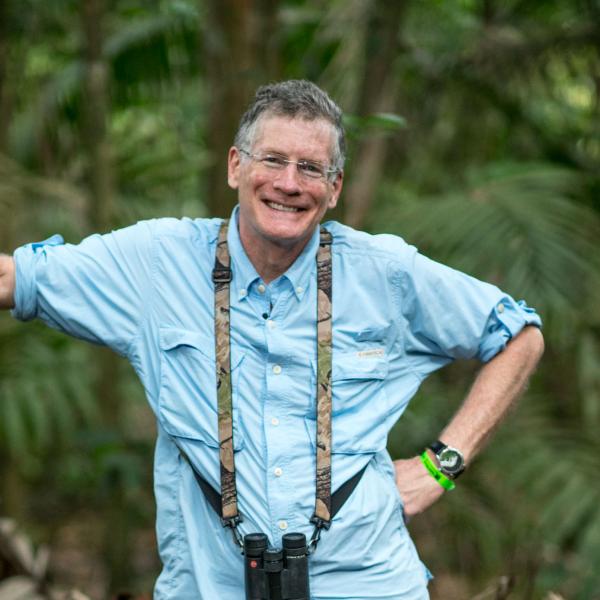Andrés López-Sepulcre is originally from Spain. He was born and spent his early years in Barcelona, and later in Sitges, a coastal town a few miles south with a classic Mediterranean flavor. He completed his undergrad at University of Barcelona and moved on to grad school at University of Helsinki in Finland, followed by two postdocs, first at University of California, Riverside, then at Ecole Normale Superieure de Paris in France. In 2011, he got a position as Associate Researcher at Centre Nationale de la Recherche Scientifique (CNRS) in France, and was a visiting researcher at the University of Jyväskylä in Finland from 2012 until 2019, when he joined the Biology Department as an Assistant Professor at WashU.
López-Sepulcre is interested in a broad set of questions that fall under the umbrella of eco-evolutionary theory: the idea that organisms not only evolve in response to their environment, but also affect their environment through those adaptations, creating a feedback between what we call ecological and evolutionary processes. To study this, he uses Trinidadian guppies (Poecilia reticulata) as a model system. His research uses a combination of long and short-term experiments in the wild, mesocosm and laboratory experiments, and statistical modeling. He is currently working with Assistant Professor Swanne Gordon on building a mesocosm stream at Tyson Research Center as an extension of their collective labs.
In particular, he is excited about understanding how the evolution of guppy life histories, trophic traits, and ecophysiology affects the cycling of nutrients in the streams they live in, and vice-versa: how these traits adapt to nutrient dynamics. This requires merging the two traditionally separate disciplines of evolutionary biology and ecosystem science. He is also interested in other questions related to eco-evo theory, including the mutual interaction of species range shift and dispersal evolution, and just about anything related to understanding the rapid evolution of guppy traits that simply piques his curiosity!
When asked if there was an early experience that sparked his interest in science, López-Sepulcre says “My father tells me that my earliest experience that sparked my interest in nature was a close encounter with a Spanish Ibex when I was 4 years old but I don’t remember. I always remember loving nature and animals. I loved going fossil hunting with my uncle to collect and try to identify them. I always brought home all sorts of critters to my mother’s despair. I started birdwatching seriously as a teenager.”
“My philosophy teacher in high school sparked my interest for the scientific process, but when I studied Biology at the University of Barcelona, it was very taxonomy and fact based. I still enjoyed it, but they didn’t really train me in how to be a scientist, with the exception of a professor in animal behavior, Domingo Rodriguez-Teijeiro, who put emphasis on the way experiments and studies are designed, and encouraged me to go on an exchange senior semester to the University of Glasgow. I did, and that was an extremely influential semester, where all courses were question and method oriented, and where I had the privilege to do an undergraduate internship with Prof. Hanna Kokko, a theoretical evolutionary ecologist who later became my PhD advisor in Helsinki. She has been a highly influential person in my scientific thinking and career. My other huge influence later on has been Swanne Gordon, a great synthesizer and experimentalist from whom I keep learning every day. Both are uniquely intelligent out-of-the-box thinkers, and inspiring role models illustrating through their resilience what science and academia should be: brain power, raw-curiosity, and perseverance, but also cooperation, inclusivity, and kindness."
López-Sepulcre will begin teaching Bio 4193: Experimental Ecology Lab in spring 2021. This course is intended to provide skills in the design, interpretation, and written presentation of ecological and evolutionary experiments, with emphasis on sampling methodology, hypothesis testing, and data analysis.
“In essence, I want students to think of experiments, from conception and design to data gathering and interpretation of analyses, as unified by statistical thinking, because statistics is the mathematical formulation of the scientific process. The hope is that, by adopting this view, they will see the statistical and quantitative side of research as an enticing philosophical exercise, rather than a chore at the end of an experiment,” he says.
In his free time, López-Sepulcre enjoys traveling, good food, wine, and birdwatching, as well as spending quality time with his family. For him, it is important to do his part to leave a better world for his children. He also feels strongly about fostering a welcoming and inclusive lab and class environment, where everybody can grow to their highest potential. “Both things are always a work in progress that requires a lot more learning, unlearning, and hard introspection than doing science,” he says.
To learn more about Andrés López-Sepulcre and his research developments, follow him on Twitter @lopezsepulcre.

